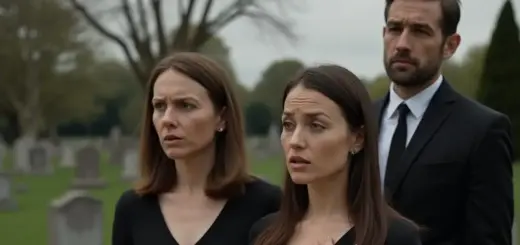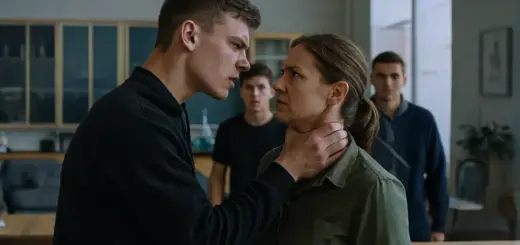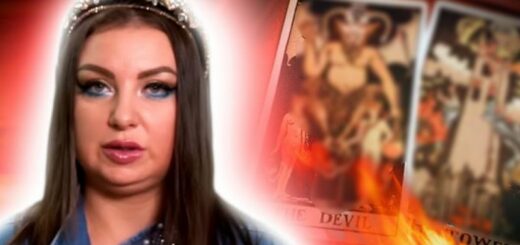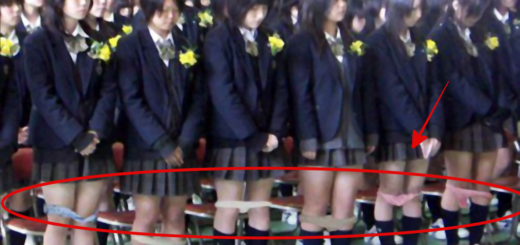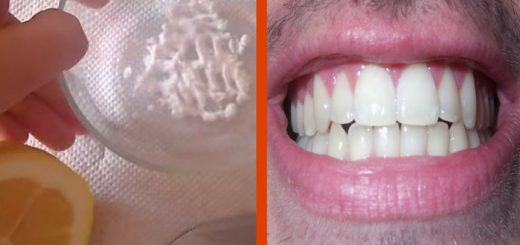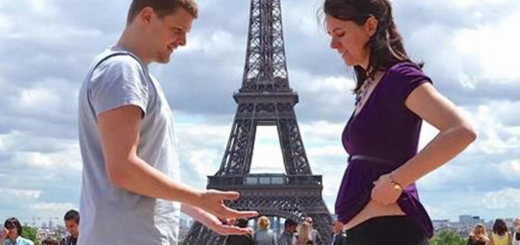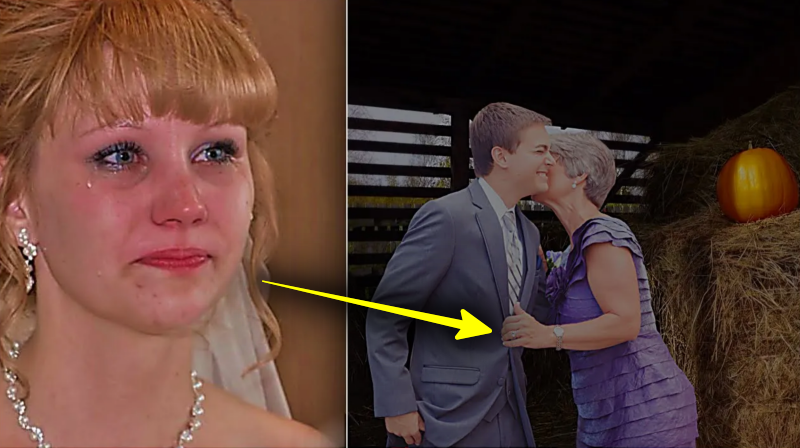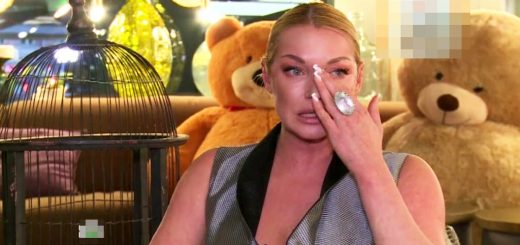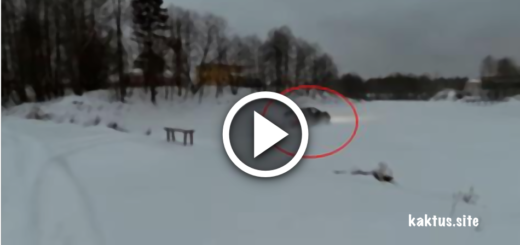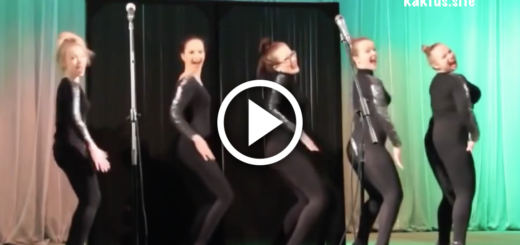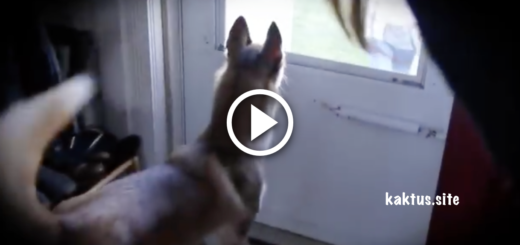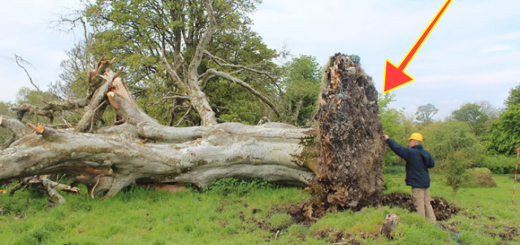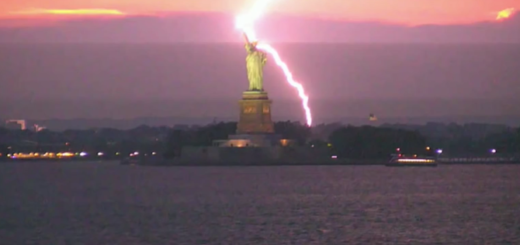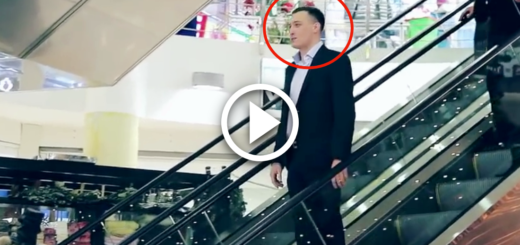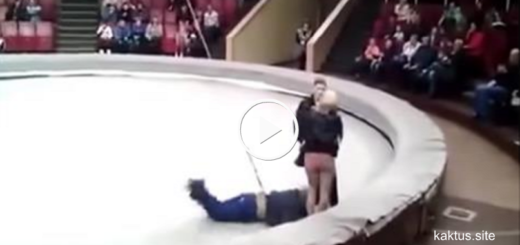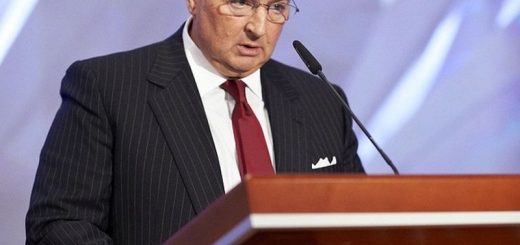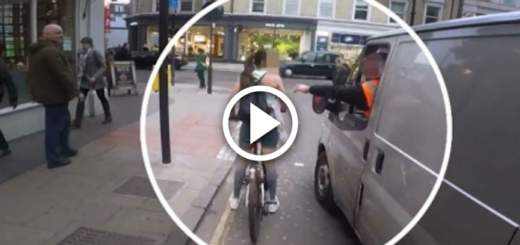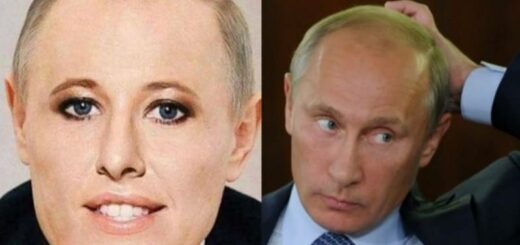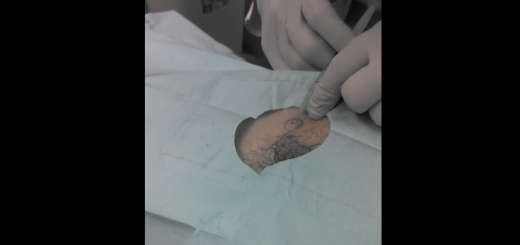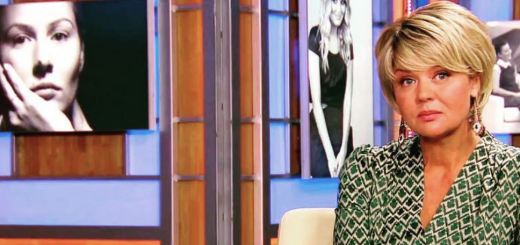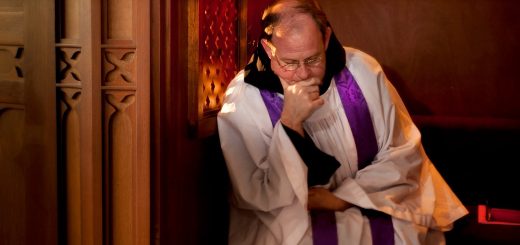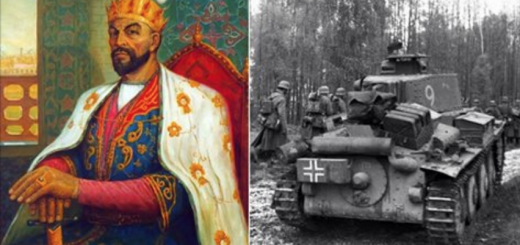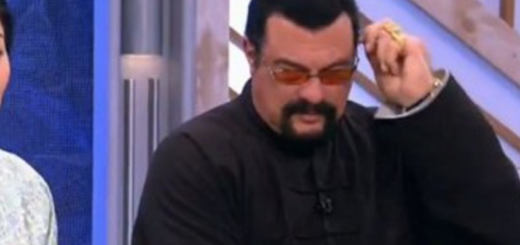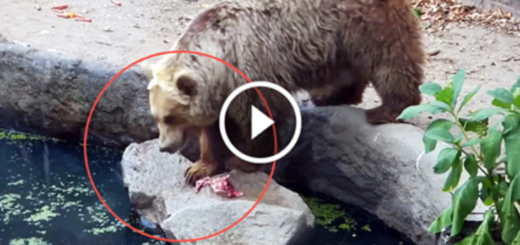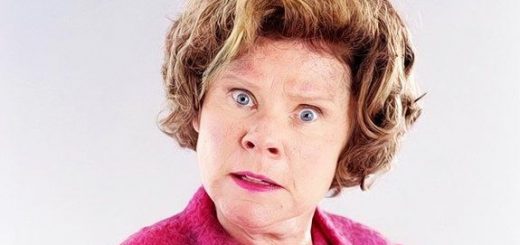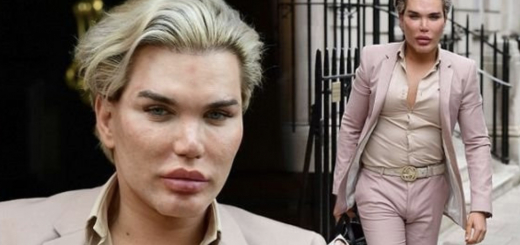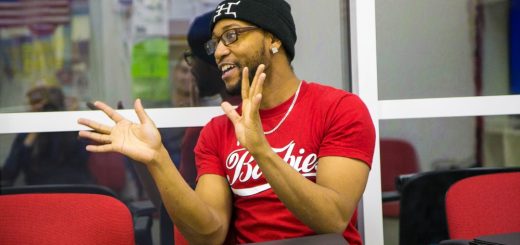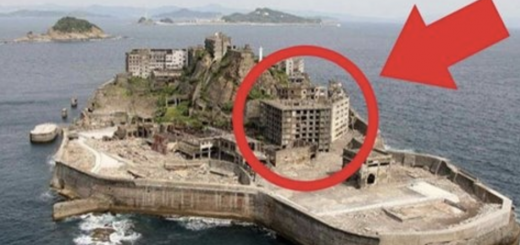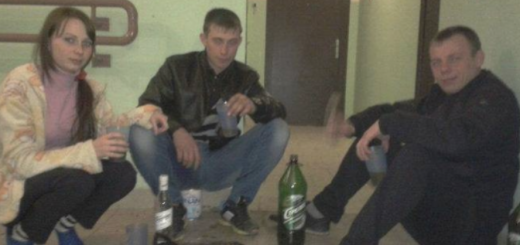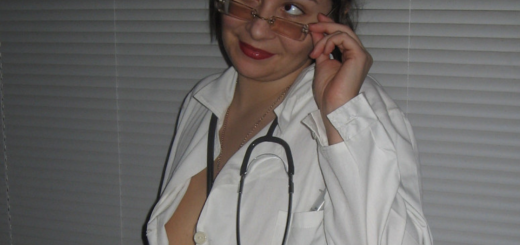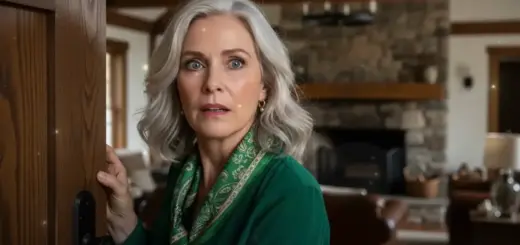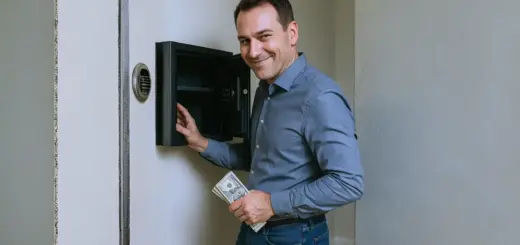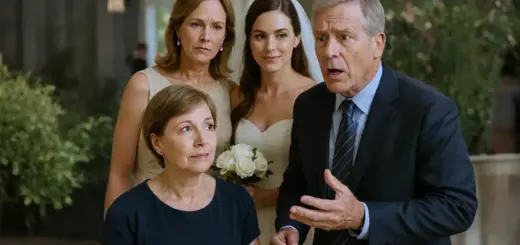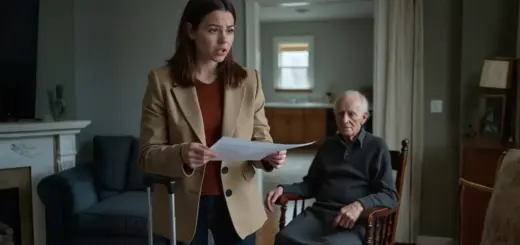They thought I wouldn’t show up. They thought shame could keep me away. I stared at the invitation for almost an hour. It sat there on the metal desk like it didn’t know what it was carrying. A white envelope with embossed edges. My name was printed in full: Lieutenant General Rebecca Cole. Whoever addressed it must have done so from a list, clearly unaware that I hadn’t been «Rebecca» to this family for years.
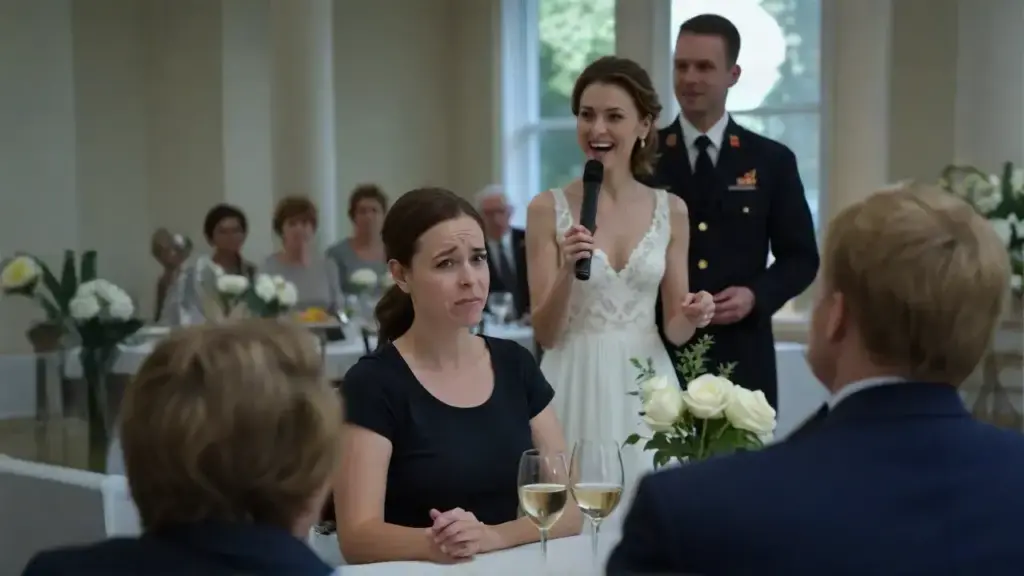
The seal on the back wasn’t broken yet, but I already knew what was inside. I’d heard whispers—email forwards that reached my aide, an offhand comment from a former classmate—but it wasn’t real until that moment.
Haley was getting married. And not just married, she was marrying Major Andrew Foster. The irony was almost surgical.
Six years. That’s how long it had been since my mother’s voice last crossed state lines to find me. Not for a birthday. Not a condolence when my second deployment nearly took my hearing. Just silence. And now this.
This elegant little punch to the ribs was signed not with love or warmth, but with one word in that familiar script: «Behave.»
The base in Stuttgart was unusually quiet that afternoon. Outside my quarters, the wind pushed against the flagpole, making it creak in defiance. Inside, the room held the familiar sterility of discipline, the kind I had built my bones around. A steel bed, a row of pressed uniforms, and a locked trunk with contents no one would ever touch.
I turned the invitation over in my hands like it might change shape. When the knock came, it was a crisp double rap. Simmons. He entered without waiting.
“General,” he said, glancing at the envelope. “I heard.”
Of course he had. Simmons had ears like radar and the patience of granite. He took a seat without asking. We didn’t talk much about personal matters, but he had known me since I was a fresh-faced captain with too much grit and not enough trust.
“You going?” he asked.
I didn’t answer. Instead, I slid the invitation across the table. He picked it up, squinted at the gold lettering, and exhaled through his nose.
“Foster,” he said, almost to himself. “That’s the kid you pulled out of a crater in Helmand, right?”
“The same one,” I said, my voice steady and clipped.
Simmons leaned back in his chair. “You saved his life, and now he’s marrying your sister.”
The silence between us wasn’t awkward. It was familiar, like everything else in my life. It held more meaning than sound. Simmons didn’t pry; he just waited.
“You think I should go?” I finally asked.
He studied me for a beat. “That depends. You going to fight a war or bury a ghost?”
I laughed, not the kind that lifts weight, but the kind that recognizes a scar. “Maybe just watch one burn.”
He didn’t smile. “Then go. But don’t wear your stars like armor. Wear them like memory. Let them remember who you became without them.”
His words sat with me long after he left. I placed the invitation on my desk again and walked to the narrow window that overlooked the training field. A new class of recruits was running drills—eager, loud, unknowing. I envied them for a brief moment.
A gust of wind rattled the pane. Somewhere below, a drill sergeant barked a command, and someone shouted back, “Sir, yes, sir!” with the kind of blind fire I’d long extinguished in myself.
I went to the closet and took down my dress uniform, the one I hadn’t worn since the funeral—the one I didn’t get to speak at. I laid it flat on the bed, smoothing the sleeves like they were old wounds. That day came back sharper than I expected.
They had buried my father with full honors: Marine Corps Band, a 21-gun salute. But no one saved a seat for me in the front row. My mother sat between Haley and Uncle Roy, her lips pressed in that sharp, bitter line of hers. When I approached, she didn’t look up.
Haley had glanced at me briefly, her eyes unreadable, before turning back to the ceremony as if I were nothing more than a uniform out of place. I stood the entire time. Afterwards, Barbara Cole had placed a single hand on my forearm.
“You shouldn’t have come in uniform,” she said. “It makes it look like you’re trying to upstage the family.”
The family. I remembered saying nothing, just walking away. And I hadn’t turned back since.
Now here I was, six years and two continents later, holding a wedding invitation that reeked of reconciliation disguised as obligation. Andrew Foster. It wasn’t just the marriage that stung. It was that he, of all people, was tying himself to the woman who had once told me, on record no less, that I was a disgrace to the Cole name.
I thought of the night in Helmand—the explosion, the dust, the twisted steel. Andrew’s leg was nearly severed. I’d crawled across open ground to reach him, blood in my mouth, shrapnel in my shoulder. I still had the scar.
He had whispered, “I owe you,” before they airlifted him out. And now he was marrying Haley.
I sat down and opened my laptop. Flight schedules to Richmond, Virginia. One stop in Frankfurt. I chose the red-eye: quiet, anonymous. I didn’t inform base command. I didn’t even tell my driver. The ticket confirmation hit my inbox thirty seconds later.
I didn’t go to be welcomed. I went to be seen for the first time in years.
Three years ago, I pulled Andrew Foster from a live minefield. In two weeks, he would marry the woman who destroyed me. The irony dripped like sweat through memory.
I could still hear it: the brittle crack of static through my comms. The sharp inhale before someone whispered, “Shit, that’s a mine.” Then the shrill bark of my own voice, sharper than I remembered it. “Don’t move.”
Andrew froze. Dust clung to his skin. The metal plate he’d stepped on was half-exposed just under the dirt. He didn’t dare breathe. Neither did I. We stared at each other across ten feet of open hell.
In that stretch of silence, something unspoken passed between us. He knew he was dead. And I wasn’t going to let that happen. I don’t remember the pain, just the crawl—elbows grinding into gravel, every breath tasting like ash. I disarmed it with fingers I couldn’t stop from trembling. When it clicked out of armed mode, Andrew cried, quietly. I didn’t mention it in the report.
Now I sat in 3C of a Lufthansa flight from Stuttgart to Dulles, looking out at a sky that felt too soft to belong to the story in my head. The seat beside me was empty; I’d paid extra to make sure of that. The flight attendant had smiled when she saw the ribbons on my blouse. She offered me champagne. I asked for water.
Somewhere over the Atlantic, I closed my eyes. Not to sleep—I couldn’t—but to block out the weight of what I was flying toward. Not war. Not combat. But something trickier, more familiar. Family.
The plane landed twenty minutes early. Dulles smelled like overused hand sanitizer and fresh wax. I moved through customs with ease; my military ID cleared me like a breeze. I’d barely stepped into the arrivals hall when my phone vibrated. Unknown number.
I almost let it ring out of spite. Then curiosity won. “Hello.” My voice was even, unreadable.
“Well, well. You actually came.” It was Haley. Her voice hadn’t changed, still that lilting sweetness over a core of metal. She could make a compliment sound like an accusation.
“I didn’t say I was coming to celebrate,” I replied, already walking toward the escalator.
“You didn’t say anything for six years,” she said, too brightly. “So this is progress.”
There was no apology in her tone. Not even hesitation.
“I came because I was invited,” I said.
“Right. Because Mom guilted you into it.”
I didn’t answer. A pause. Then she chirped, “Well, Andrew’s looking forward to seeing you. You two always had chemistry.”
I stopped mid-step on the moving walkway. “That’s not funny.”
“I didn’t mean it to be,” she said, but I could hear the smile in her voice. The same one she used at school dances when she told teachers I was “going through a phase.” That same curated innocence that hid her sharpest claws.
“Is that all?” I asked.
“I just wanted to make sure you weren’t showing up in full uniform. It’s not… festive.”
I ended the call without replying.
Outside, Virginia was blooming in early spring. The drive to Alexandria cut through neighborhoods lined with dogwoods and cherry blossoms. The streets were clean, the sidewalks freshly swept. It looked like a postcard someone sent to prove life was perfect. I didn’t take the freeway; I let the car weave through side streets I used to ride my bike down, back when I was still Becky, when scraped knees and skinned pride were the worst injuries I carried.


